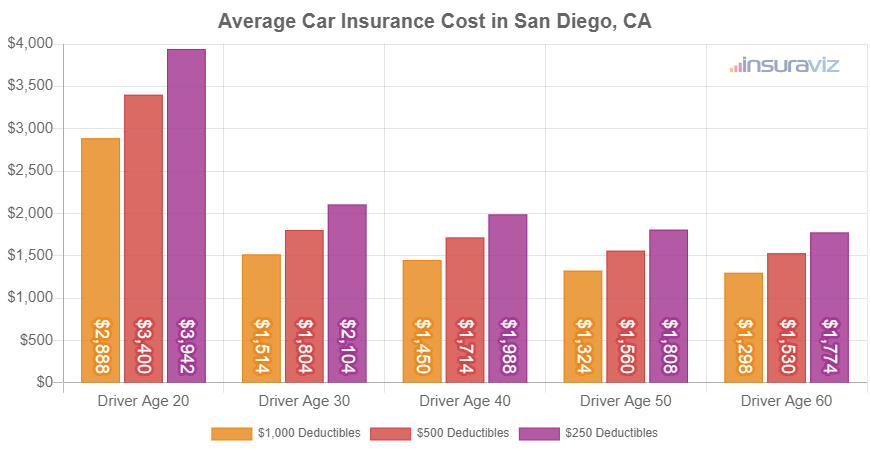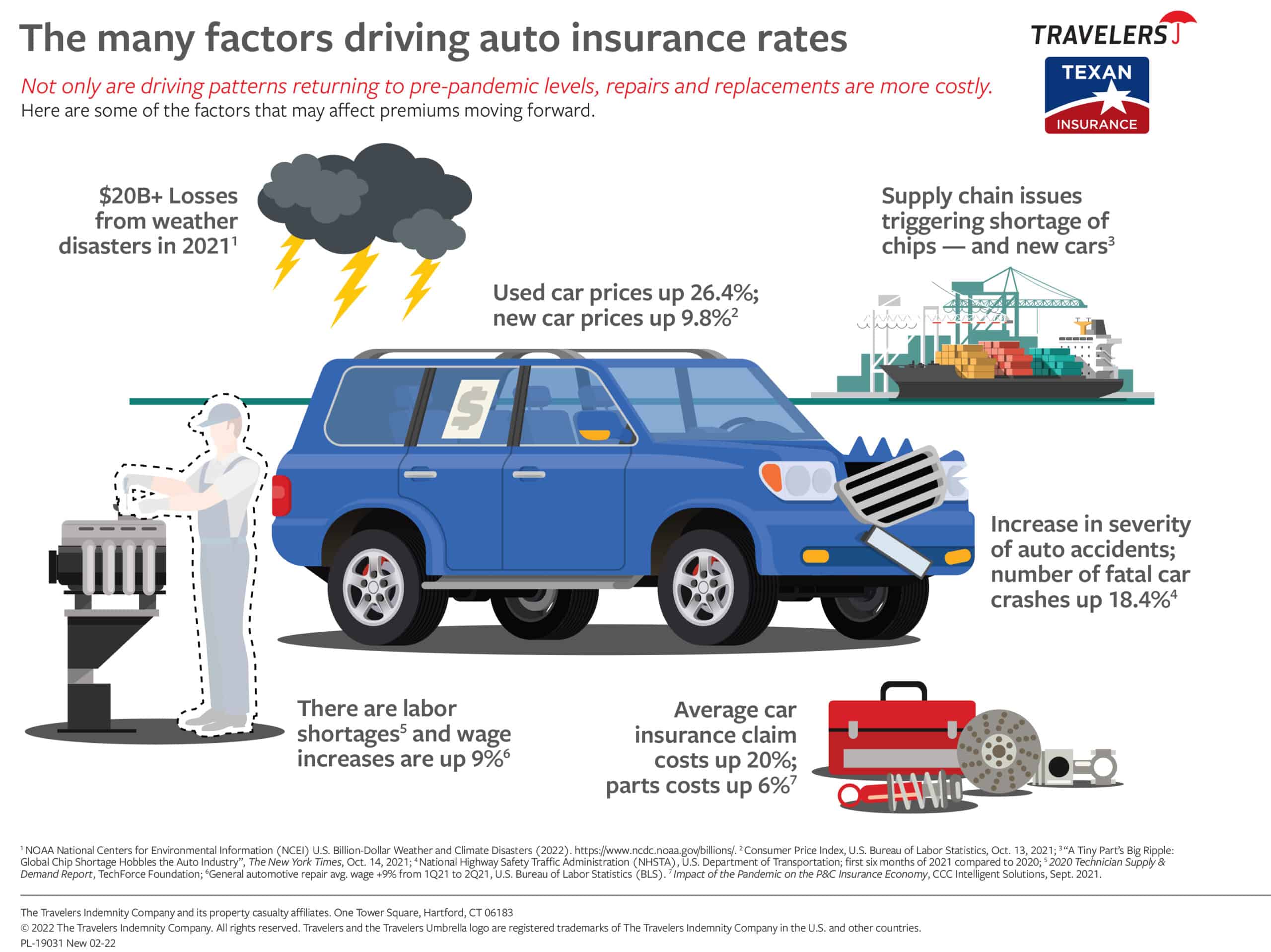
Health insurance is a crucial part of the protection that all people need in case they become disabled. Having health insurance is also important for persons with disabilities, because they need it to receive treatment and care from health professionals.
By having good health coverage, you can ensure that your disability-related costs are covered, such as rent, mortgages, car loans and food. You'll also be able pay for medical bills, insurance premiums, and any other expenses. Investing in universal health coverage for people with disabilities could help to improve the quality of life of those individuals, as well as their communities.
The Benefits of Disabled Persons
If you have a disability, you could be eligible for government-sponsored benefits. Social Security Disability Insurance is one of them, as are Supplemental Security Insurance and Medicaid.
Your state may have different disability benefits. Your state will decide which disability program you qualify for, and how much it will cost you.

Medicare and SSI offer low-income individuals disability benefits. However, they do not cover all medical expenses. Private disability insurance, long-term disability and life insurance are other programs you may be eligible for.
Your eligibility for these types of benefits depends on your work history and taxes you've paid. You can apply to receive these benefits either online or personally.
A mental disability is the most common, which includes conditions like depression, bipolar disorders, schizophrenia and Autism. Physical disabilities, like arthritis or back injuries are also very common.
Long-term disability coverage is available through your employer or from an insurance company. These policies can be expensive, but they're important to have if you can't work because of a medical condition.
Get Long-Term Disability Insurance
Disability insurance is becoming more common among employers. It's often included in a larger benefit package for employees. LIMRA is a company that monitors workplace health benefits and reports that 41% of companies provide it. Some employers may even cover these costs for their employees.

These long-term disability plans pay a percentage of wages, typically 50-70%. These plans usually have an "elimination phase," which means that you need to wait until you are injured or ill to receive benefits.
This can be an especially important benefit for workers with lower salaries who don't have any other type of disability insurance to fall back on. The benefit can also extend to younger workers, who could lose their job because of a disabling condition.
SUNY Disability Long-Term (LTD).
All professional, UUP and MC University of New York employees are covered by LTD insurance at no charge. The University also offers the option for employees to purchase an employee-paid LTD plan, which covers up to 60 percent of their pre-disability earnings, with a salary cap of $16,667 per month.
You can enroll in the LTD plan either directly through The Standard or your SUNY Human Resources office. You'll need to complete a short application and submit proof of insurability, such as a health exam.